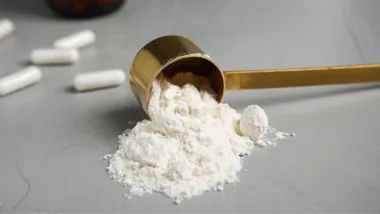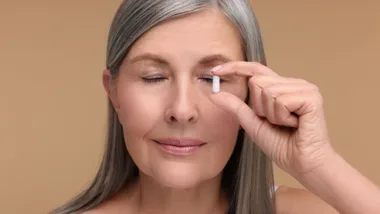A new study from the US has suggested B vitamins may help protect humans against the impacts of air pollution.
Researchers used a small scale human trial to see if high doses of B vitamin supplements offset the damage caused by pollutants in the air, and found a positive link over the course of the study.
And while the researchers were quick to point out the limitations of the work, including the fact that a small sample was used and not in a highly polluted city like Bejing or Mexico, this has given hope to scientists looking for other ways to counteract increasing pollution levels.
The World Health Organisation (WHO) says that 90% of the world’s population live in areas where air pollution exceeds a safe level.
Very fine particulate matter is the main concern of scientists, where particles with a diameter of 1/30 the width of a human hair lodge deep into the lung tissue, causing health issues.
And while the link between these particles and health issues has not yet been defined, scientists have long suspected that they cause changes to our cells that damage our health.
It’s believed they may cause genetic changes that inhibit our natural defences to disease.
In this latest human trial, a team saw whether exposure to such particles could be mitigated by a daily vitamin B supplement. What they found was that the group who were given B vitamins and exposed to polluted air, were somewhat protected against cellular damage.
“It is almost close to a complete offset,” said Jia Zhong from Harvard School of Public Health, who led the study.
But he warned that: “A more sophisticated study is urgently needed in Beijing or India or Mexico just to see whether those who are chronically exposed, if the protective effect can still be effective.”
The study was published in the journal Proceedings of the National Academy of Sciences.











